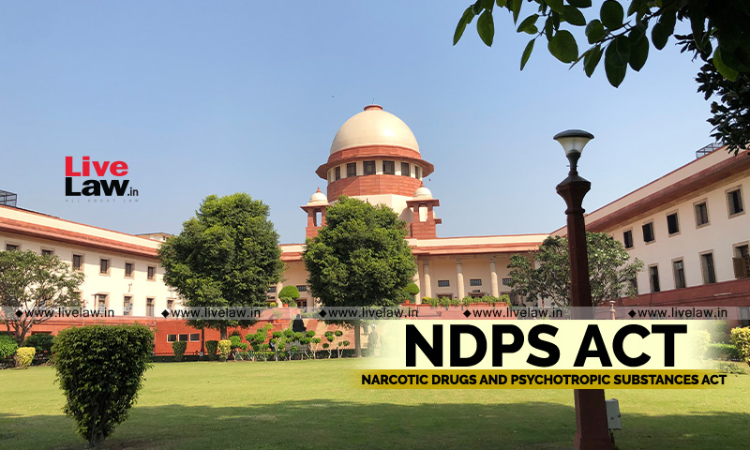Important Judgments On NDPS Act
Muneeb Rashid Malik
31 Oct 2021 5:45 PM IST
The Supreme Court of India and various High Courts of the Country have pronounced numerous judgments in the matters related to the Narcotic Drugs and Psychotropic Substances Act, 1985. In this write-up, the important pronouncements are briefly discussed. Union of India through Narcotics Control Bureau, Lucknow v. Md. Nawaz Khan, CriminalAppeal No. 1043 of 2021 A Bench of Justices...
Next Story



